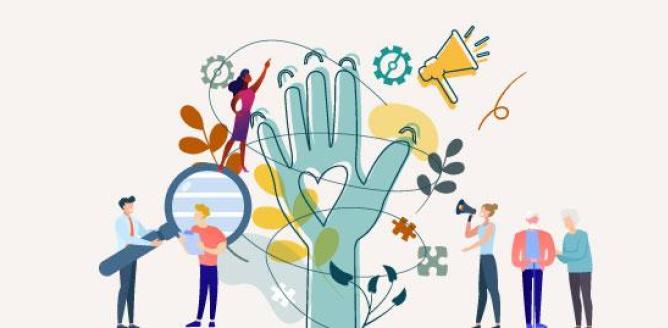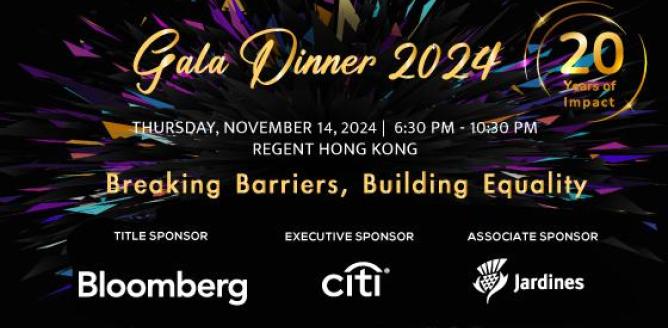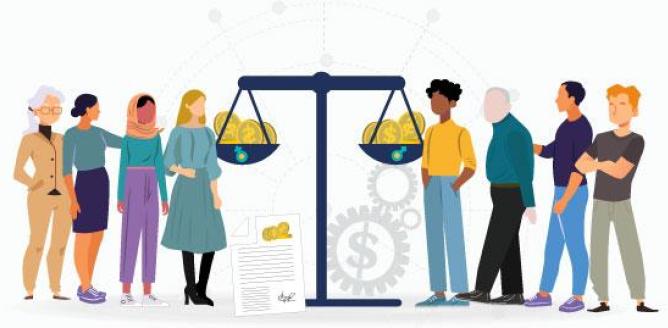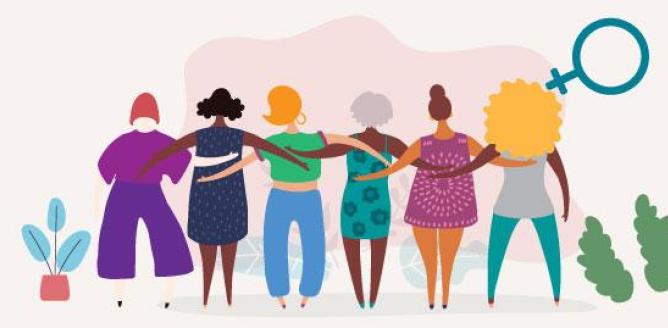Yesterday was the International Day of Charity, a time to recognise the significant role the non-profit sector plays in contributing to Hong Kong’s development. Ensuring our community is knowledgeable around how our sector does the work that we do, the challenges we face, and the role that each of us play in building an ecosystem for a better Hong Kong is important.
Hong Kong’s NGO sector is 70% female, and similar to other female-dominated sectors such as caregiving and cleaning, is the risk to assign it the harmful, demeaning label of ‘women’s work.’ The work is neither glamourous nor prestigious, and neither lucrative nor highly visible. It requires emotional labour, and combined with stretched resources and rapidly changing conditions, means the NGO workforce is vulnerable to burnout, particularly since the pandemic. And yet, this work – and the work of all ‘feminised’ sectors – are fundamental to the functioning of any society.
Each year, the Centre for Asian Philanthropy and Society publish their Doing Good Index, a resource that studies giving trends in 17 Asian economies. The findings on Hong Kong are telling: over half of NGOs in Hong Kong report a low level of individual giving. What is significant to note about this trend is the top reason for not giving, i.e. “people believe supporting underprivileged groups is not their responsibility.” And whilst NGOs are increasingly utilising corporate funding – 85% in 2022, a 26% increase from 2020, there can be challenges with the lack of multi-year funding that would enable more sustainable, long term impact in the communities NGOs serve. Overall, only 4% and 6% of NGOs are getting donor support for vital functions such as capacity building and communications, respectively.
This is why we’re supporting Voice for Social Good’s “Bake a Difference: The Full Funding Principle for Non-Profits” campaign. It aims to raise awareness around the full costs that NGOs spend to be able make an impact and encourage funders to give unrestricted funding that allow NGOs to allocate the money where it will be most impactful, including covering operational and infrastructure costs. Unrestricted funding also enables NGOs to concentrate resources on maximising the impact and sustainability of programmes and initiatives instead of diverting money, time and resources into finding funding for distinct aspects of the organisation’s work.
TWF employs an ecosystem approach to creating a gender equal Hong Kong, connecting the dots across our diverse communities, and bringing everyone on this journey together. This means ensuring buy-in and active participation from a wide range of stakeholders from corporates, schools, government, and the wider public advocating for broader policy and systemic change. Key to this approach is the role of individuals who act as our gender champions and changemakers, committed to driving gender equality in their homes, organisations and wider society.
The well-being of our most vulnerable communities directly reflects and affects the well-being of us all. Change is only possible when we share a vision and a collective sense of responsibility, and support the communities and organisations that are doing the work to change status quo. Join us in our vision for a gender equal and truly inclusive Hong Kong.
Here are a few ways to support our work:
Educate yourself: Watch Voice for Social Good’s “Bake a Difference: The Full Funding Principle for Non-Profits” campaign to learn more on the importance of unrestricted funding.
Support our work through donating funds: We run a range of programmes and initiatives that aim to improve the lives of women and girls, and aim to create holistic behavioural and mindset changes at an individual, organisational and societal level. Check out our Fundraising Guide to give you inspiration on where to start! Or consider becoming a monthly donor.
Join TWF’s Fundraising Committee: We are looking for individuals who want to help us raise funds to improve the lives of women and girls, and join a creative, passionate community of advocates. Visit here for more information.
Get in touch at Fiona.Nott@twfhk.org.





















